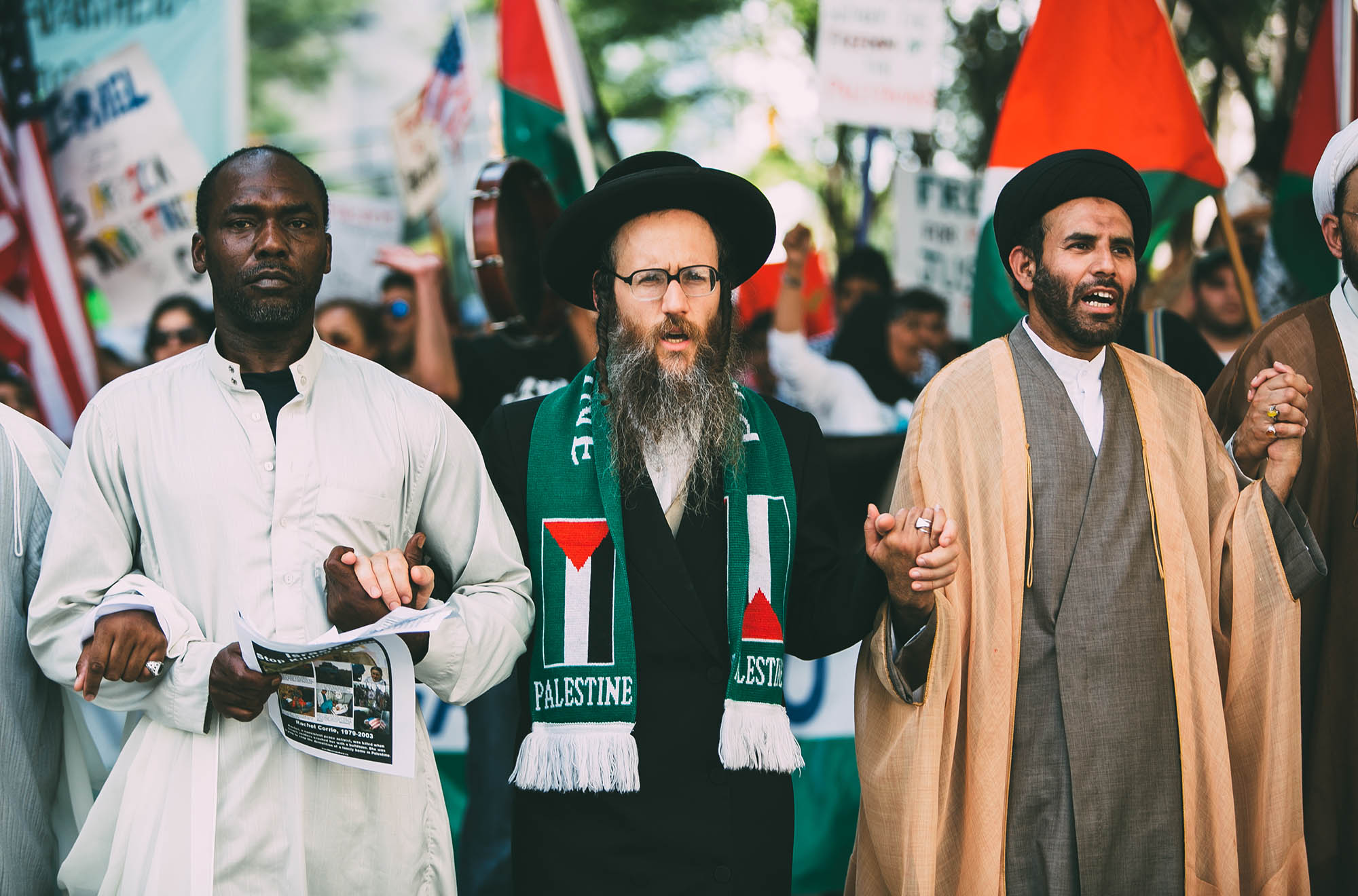After all President Trump has said and done against Muslims, over one third of American Muslims think well of him. According to an Associated Press VoteCast survey, 35% of American Muslims voted for President Trump in 2020—up from 15% in 2016.[1] Perhaps we can safely assume that most of the 15% are composed of Muslims who believe in the Republican party enough to try to change it from within—people like Saba Ahmed, founder of Republican Muslim Coalition.[2] Perceiving the Republicans to be the pro-business, pro-family party, they can’t imagine voting for anyone else.
Charisma and “family values”
But what about the 20% increase in Muslim support for Trump? Most people aware of it find it surprising. But there are a number of possible explanations. Foremost among them, Trump’s Muslim supporters perceive him as a strong leader. During Margaret Thatcher’s time in office, I was astonished at how many Turks and Egyptians admired her. But they always explained that, despite her being a woman, they saw her as the ideal leader because she talked tough and would not let anyone tell her what to do. Most Muslim immigrants are culturally attuned to this idea of great leadership.
Trump proved his strength by such actions as successfully
- Executing Iran’s top general
- Punishing Iran’s Islamist government
- Conducting airstrikes on Syria for using chemical weapons
- Dealing with the leaders of Turkey, Saudi Arabia and most other Arab countries
By contrast, President Obama threatened airstrikes but failed to execute them when it became clear that Syria had crossed that line. Many Syrian immigrants appreciate Trump’s actions against Syria’s regime. Some Muslims also view Obama’s cooperation with Iran despite Iran’s clear support of Islamist groups negatively. Many Arab-Americans and Iranians who emigrated for political reasons thus appreciate Trump’s tougher stance. And they view a vote for Biden as a vote for Obama’s policies.
Some Muslims even commend Trump for what they perceive as his success in moving the Middle East toward peace. These Muslims are Palestine-fatigued and simply want a pragmatic solution that lets them get on with their lives.
Another reason so many Muslims supported Trump is that they ranked social conservatism their top election issue. And one of Trump’s greatest successes was in pushing through his conservative social agenda. He has appointed many conservative judges and even seen his third Supreme Court justice installed just days before the election. He has also consistently supported traditional family values. Again here many Muslims say Trump’s record here stands in sharp contrast to that of Obama, who legalized gay marriage and supported transgender rights.
The diversity of American Muslims
According to a 2017 poll conducted by the Institute for Social Policy and Understanding (ISPU), “Compared with other faith communities and the non-affiliated in our study, American Muslims are the youngest, with more than one-third younger than 30 years of age. American Muslims are the most ethnically and racially diverse faith group with no single background garnering a majority. Half of Muslims were born in the United States; thus, immigration continues to be a significant part of the American Muslim story.”[3]
According to ISPU research project manager Erum Ikramullah, “American Muslims, like other religious groups in America, are not a monolith. What our data support is that Muslims, like the general public, are not guided by their religiosity, but by their political views and opinions.”[4]
Many of the Muslims who voted for Trump perceive him to have
- Opposed America’s wars by reducing the number of American troops overseas
- Strengthened the economy, created jobs and stemmed the flood of illegal immigrants
- Generally proven himself far less hostile to Muslims than his 2016 rhetoric suggested
As with other groups, Muslims perceptions depend largely on their chosen news media sources. Trump has very successfully shaped his supporters’ perceptions of him. But he has repeatedly made false claims about himself.[5] For example, while Trump did not start any new wars, he has only reduced the number of American troops overseas slightly, while simultaneously increasing military spending since taking office in 2016.[6] And while he could claim some success in creating jobs, his handling of the pandemic has left the American economy in shambles. But of course, his defenders explain the numbers differently.
While nearly two thirds of Muslims voted for Biden, those who voted for Trump still make up a significant minority of American Muslims. And the explanation for that lies squarely in their ethnic, racial, political and religious diversity. Some Muslims may even have voted for him because he outspokenly opposed the Muslim Brotherhood and other Islamist groups, and they fear that Biden will return to Obama’s much more accommodating approach.
[1] https://www.npr.org/2020/11/03/929478378/understanding-the-2020-electorate-ap-votecast-survey
http://www.ispu.org/wp-content/uploads/2017/03/American-Muslim-Poll-2017-Report.pdf
Accessed November 16, 2020.
[2] http://www.republicanmuslimcoalition.com/ Accessed November 18, 2020.
[3] http://www.ispu.org/wp-content/uploads/2017/03/American-Muslim-Poll-2017-Report.pdf Accessed November 16, 2020
[4] https://www.middleeasteye.net/news/trump-muslim-americans-elections Accessed November 16, 2020
[5] https://www.nytimes.com/2020/11/01/us/politics/trump-presidency-dishonesty.html Accessed November 16, 2020
[6] https://www.bbc.com/news/election-us-2020-54060026 Accessed November 16, 2020



